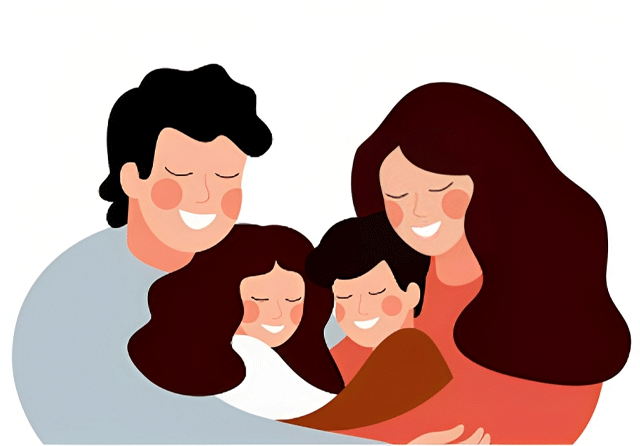Stigma and effects of diagnosis on parents
Stigmatisation is considered one of the major problems faced by parents with autistic children, stigma has the potential to not only affect the child, but extends to their family members as well. Scholarly research shows that stigmatisation is commonly faced amongst autistic people and their family members.
This is due to the fact that children with ASD exhibit certain antisocial behaviours as well as difficulty picking up language, making it difficult for parents to handle children with ASD in social situations, due to different social consequences they feel they may have to face afterwards. For parents, this can lead to social exclusion and isolation from third persons.
In a country like Pakistan, where the awareness of developmental disorders is still at an all time low, and the increased pressures of society make it difficult for parents to even admit their children might have ASD; it is more important than ever to bring about an end to the stigmatization of ASD. Many parents may feel the need to hide their child’s diagnosis to limit future hurdles such as primary education or societal pressures.
Furthermore, the misconceptions surrounding the effects ASD may have on children are commonly believed by many parents in Pakistan; as there is a lack of awareness and education on developmental disorders in Pakistan amongst the general population. These misconceptions prevent parents from properly being able to understand and provide their children with the help they need to lead a relatively normal life in the future.
Children who have been diagnosed with ASD have the potential to lead normal, progressive lives in the future, with early intervention and providing them with the proper facilitations that they need. It is not always crucial for each child with ASD to exhibit the same symptoms, and it is important for parents to understand how their child’s ASD is unique to them. Early intervention is one of the most successful ways to lower children’s levels of ASD, and it is important to take proactive and early action with therapists and psychologists to ensure your child has a fair chance of leading an independent lifestyle.

